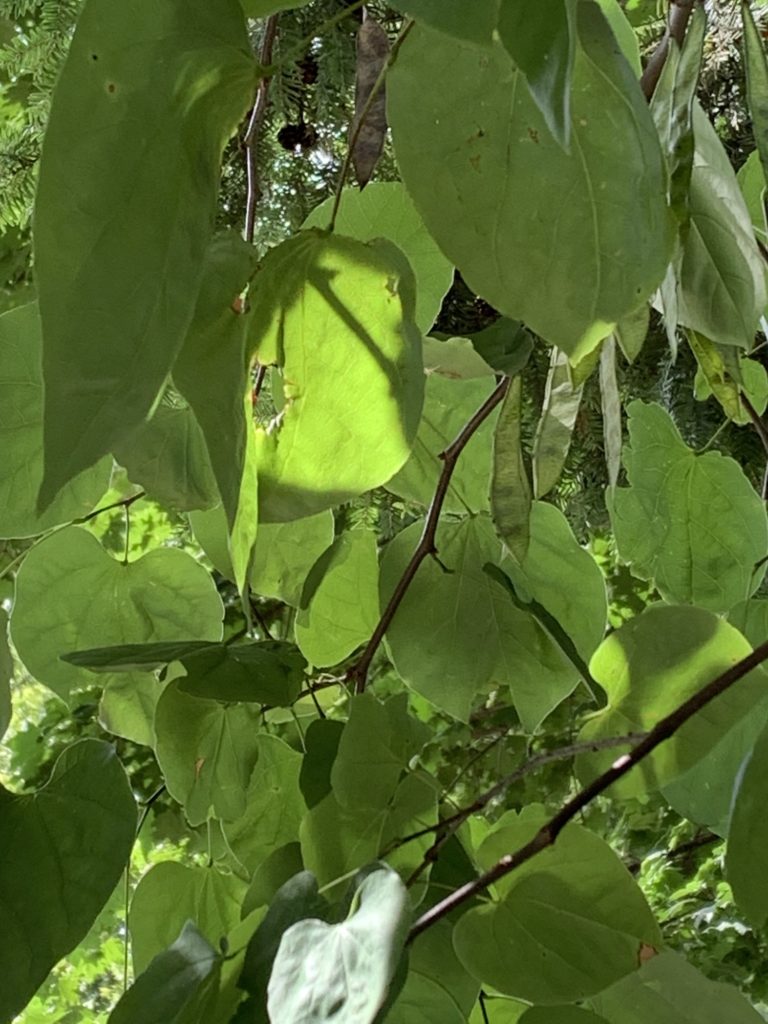
Sometimes my “church” is the outdoors. I take an early walk for exercise and to pray the prayer of attention and gratitude for whatever is given. Last week, I was two blocks from home when the morning sun shining through large, broad leaves of an old tree stopped me in my tracks. Some leaves caught the morning rays and glowed bright green against the deep shades of others hanging in the shadow, gleaming like illumined stained-glass windows in the dark stone interiors of medieval cathedrals.
Light streaming through the canopy of leaves into a small ravine was the next gift. Tucked between two homes, the space held trees, undergrowth, and scattered, pop-up choirs of resurrection lilies singing out praise with their glorious purple-pink blooms.
And so it went. But before long, I found myself distracted by walkers and runners, like me, out to enjoy the morning. Unlike me, not wearing masks. As we approached one another on the sidewalk, few made any effort to distance themselves. Time and again, I crossed the street to ensure safe distance. Irritation began to overshadow meditation.
I reclaimed my focus, intentionally moving it away from people and back to the moment, being attentive to the Sacred proclaimed by creation. Slowly, wisdom rose in my heart: gratitude for the beauty around me and awareness of the privilege that allowed me to walk in a neighborhood that offers such respite.
A deeper recognition stirred, one of being part of the greater Whole. Along with the tress and other growing things, I am part of a reflection of an unknowable Presence – unknowable, but with Grace, sometimes experienced.
The trees spoke to me of Presence that exists beyond, yet encompasses all time. The Mystery informs each moment and remains when the moment has passed.
I noticed old trees that have witnessed much and thought of ancient ones around the world that stood as wars have come and gone. Trees that have seen floods, droughts, and fires rage. That have outlasted plagues. Trees that have seen governments and empires, dictators and saints, come and go. The ancient ones that have watched economic booms and busts, seen hatred and the love that overcame it.
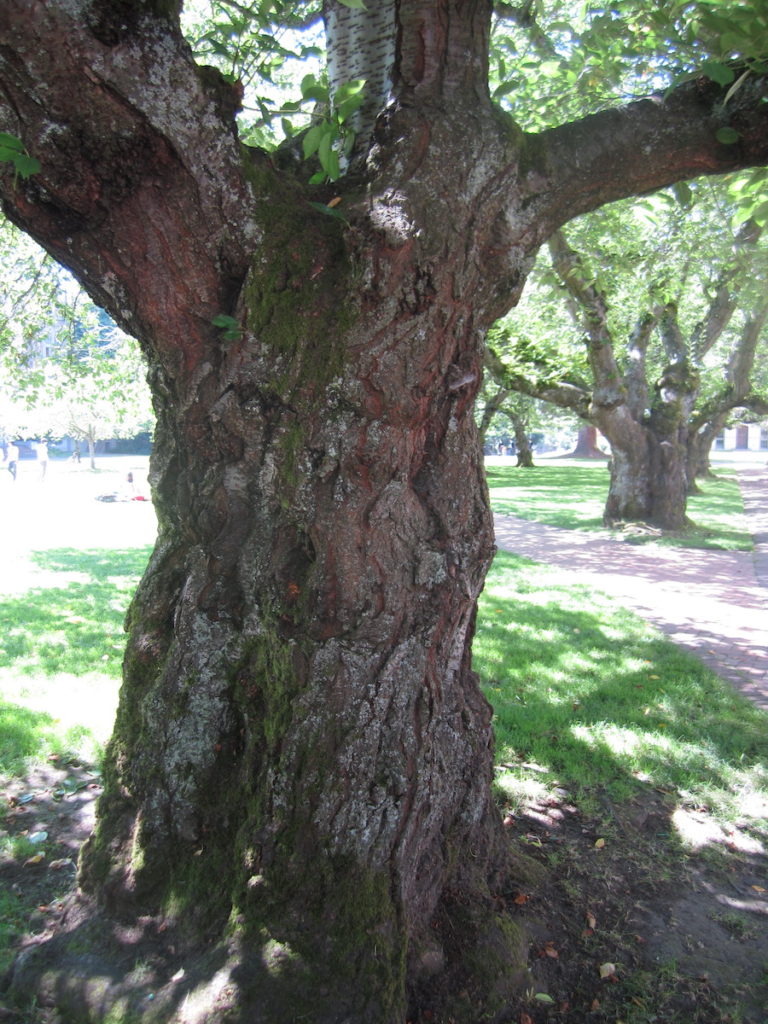
I remembered a quote by Thomas Merton:
“A tree gives glory to God first of all by being a tree. For in being what God means it to be, it is imitating an idea which is in God and which is not distinct from the essence of God, and therefore a tree imitates God by being a tree.”
Thomas Merton Seeds of Contemplation
What is true for the oldest of trees is true for the newly sprouted plant coming up between cracks in cement. It is true for the birds and squirrels that rustled leaves on trees and shrubs as they sought safety when I walked by. And it is true of me.
When I am authentically myself, I reflect the Divine within to the world without. Presence permeates all that is. That will never end.
When I am gone from the earth, well before the trees I passed, I will still “be” in some way or other. And along with the trees that will remain to calm some other earth-walkers in future decades, I will be a part of the Mystery.
These days are passing, but while I am here in this moment, it is important to share the Divine spark given to me. It is equally important to welcome the Presence, to sink into it, to melt into it and know peace in the reality that all things are part of the One Holy Mystery, now and always.
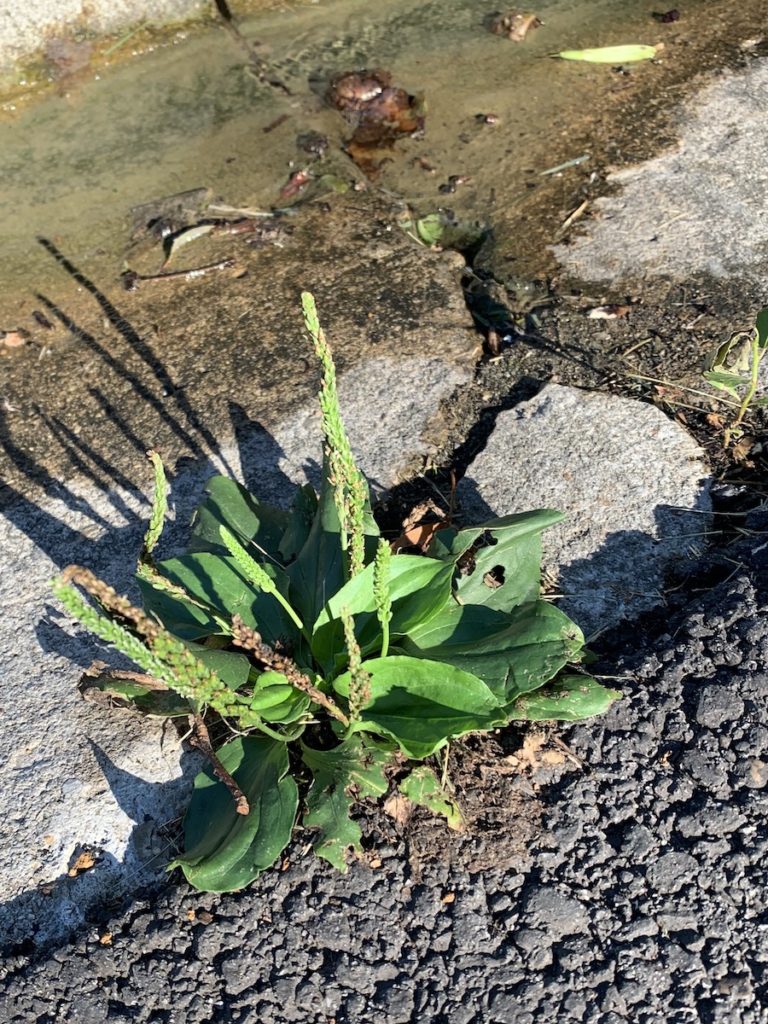
© 2020 Mary van Balen
“Open your eyes, alert your spiritual ears, unlock your lips, and apply your heart, so that in all creation you may see, hear, praise, love and adore, magnify, and honor your God.”
St. Bonaventure Itinerarium
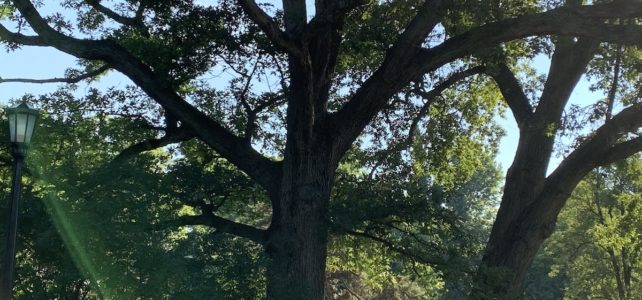
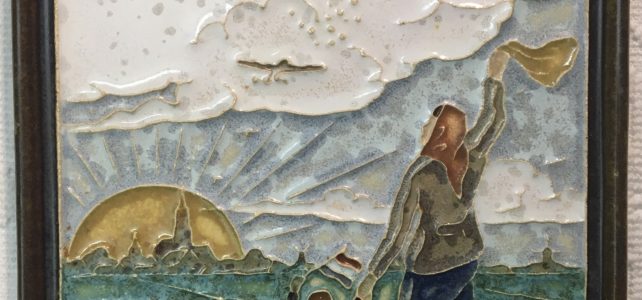

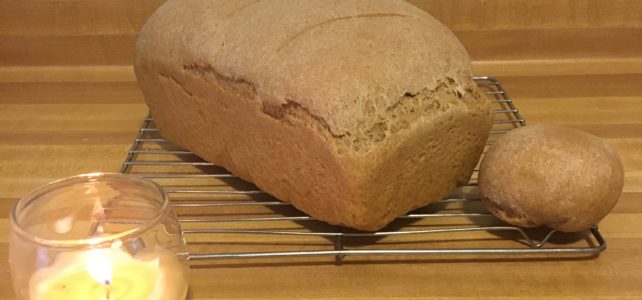
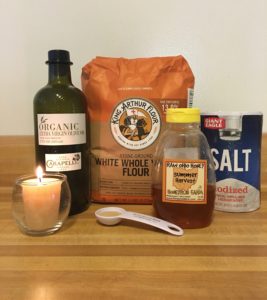
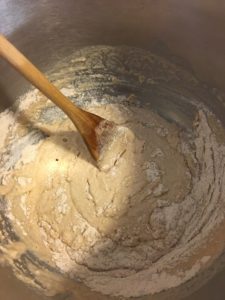
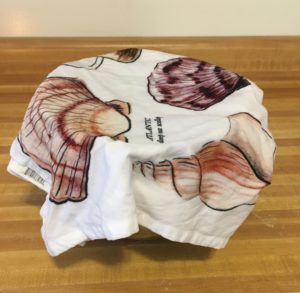
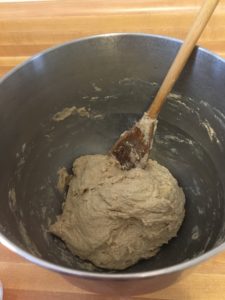
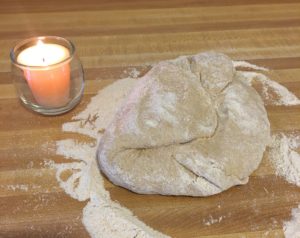
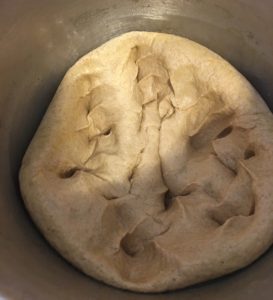
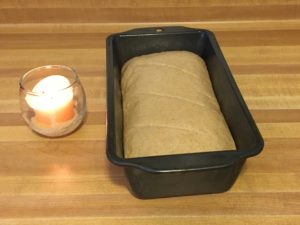
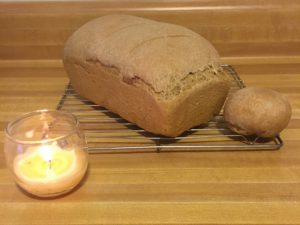
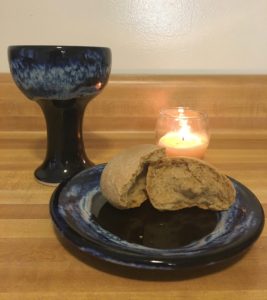
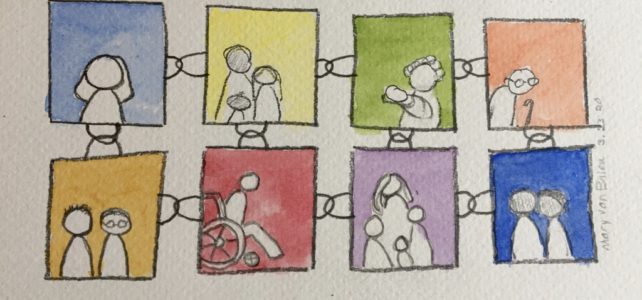
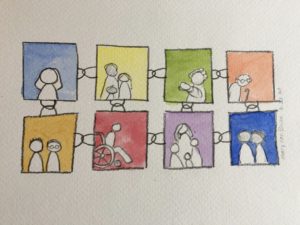
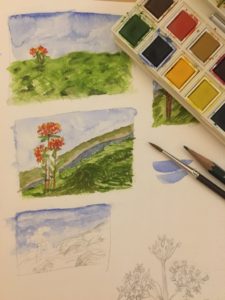
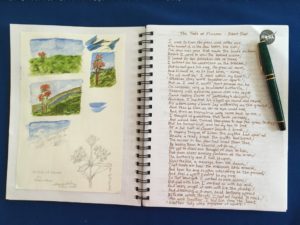
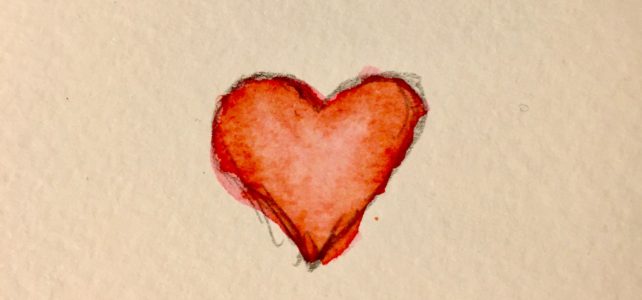
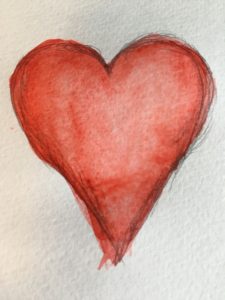
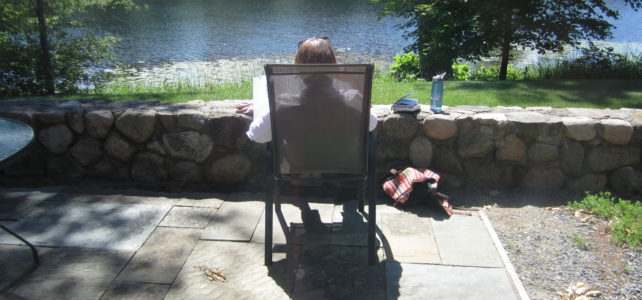
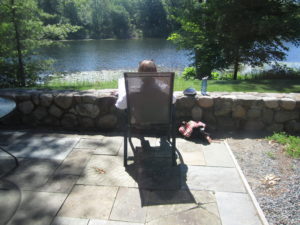
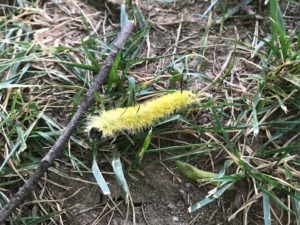
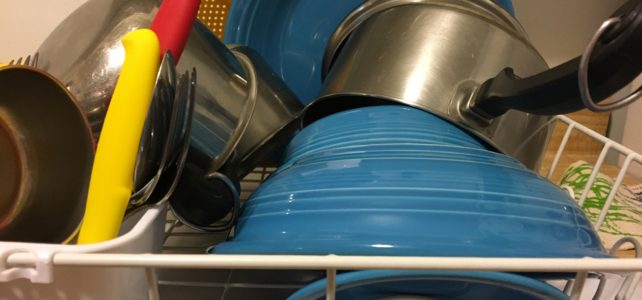
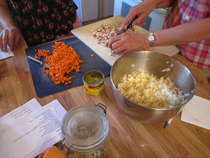
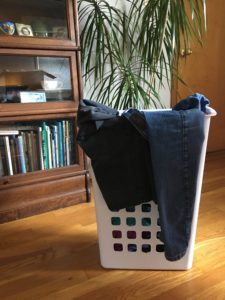 He and his wife were busy folding loads of laundry and sorting it into piles for each of their four children. They were preparing for a month-long trip to visit both sets of grandparents and, in addition to that, camping for a week. In the midst of their preparations, they offered hospitality to a visiting aunt, which would be me. And of course, all four children were around, talking to their visitor and taking care of their own preparations—which may have included cleaning rooms and gathering books to take. I leave it to your imagination. Not a lot of time there to sniff the laundry.
He and his wife were busy folding loads of laundry and sorting it into piles for each of their four children. They were preparing for a month-long trip to visit both sets of grandparents and, in addition to that, camping for a week. In the midst of their preparations, they offered hospitality to a visiting aunt, which would be me. And of course, all four children were around, talking to their visitor and taking care of their own preparations—which may have included cleaning rooms and gathering books to take. I leave it to your imagination. Not a lot of time there to sniff the laundry.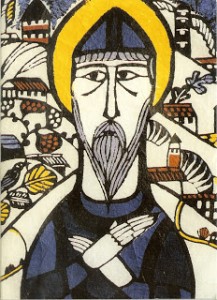
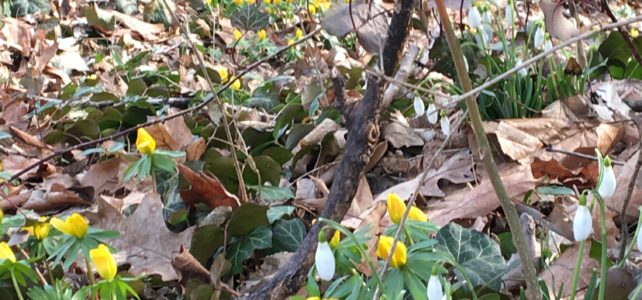
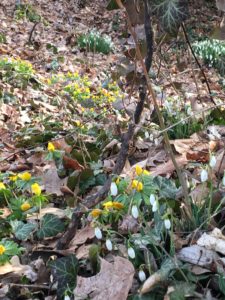
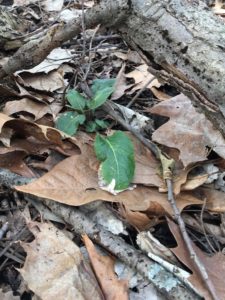
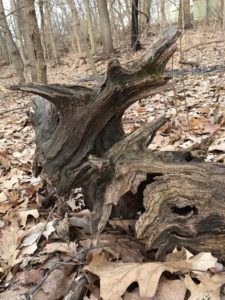
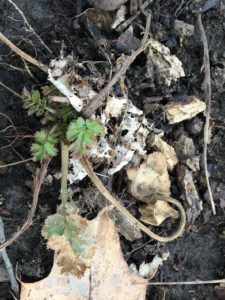
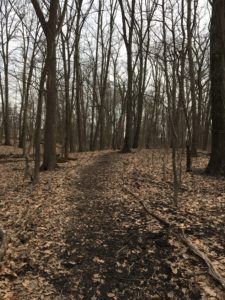
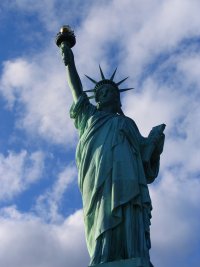
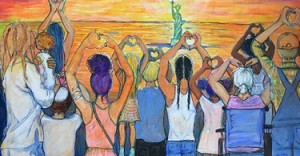
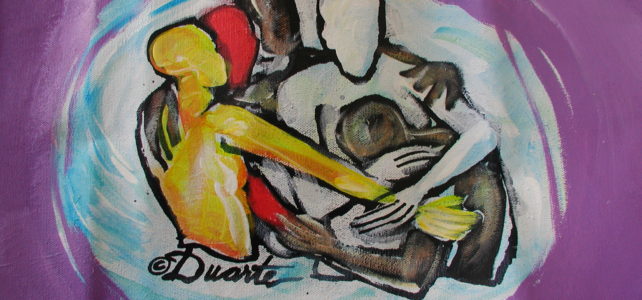
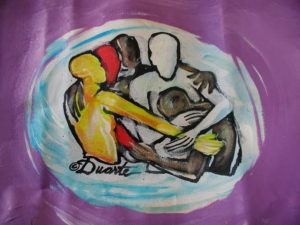
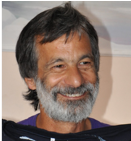
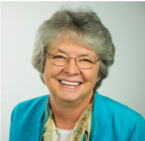 Mary van Balen is the author of four books, numerous articles, and has written the column “Grace in the Moment” for over 31 years. She holds an MA in Theology and was a resident scholar at the Collegeville Institute for Ecumenical & Cultural Research. Mary conducts retreats on topics including journaling and spirituality. She is a spiritual director, having completed the Spiritual Guidance Program at the Shalem Institute. Also an educator, Mary has worked as a classroom teacher, an enrichment consultant, and an adjunct instructor of theology. She has worked with abused women and single mothers in a federally funded poverty program for family literacy.
Mary van Balen is the author of four books, numerous articles, and has written the column “Grace in the Moment” for over 31 years. She holds an MA in Theology and was a resident scholar at the Collegeville Institute for Ecumenical & Cultural Research. Mary conducts retreats on topics including journaling and spirituality. She is a spiritual director, having completed the Spiritual Guidance Program at the Shalem Institute. Also an educator, Mary has worked as a classroom teacher, an enrichment consultant, and an adjunct instructor of theology. She has worked with abused women and single mothers in a federally funded poverty program for family literacy.